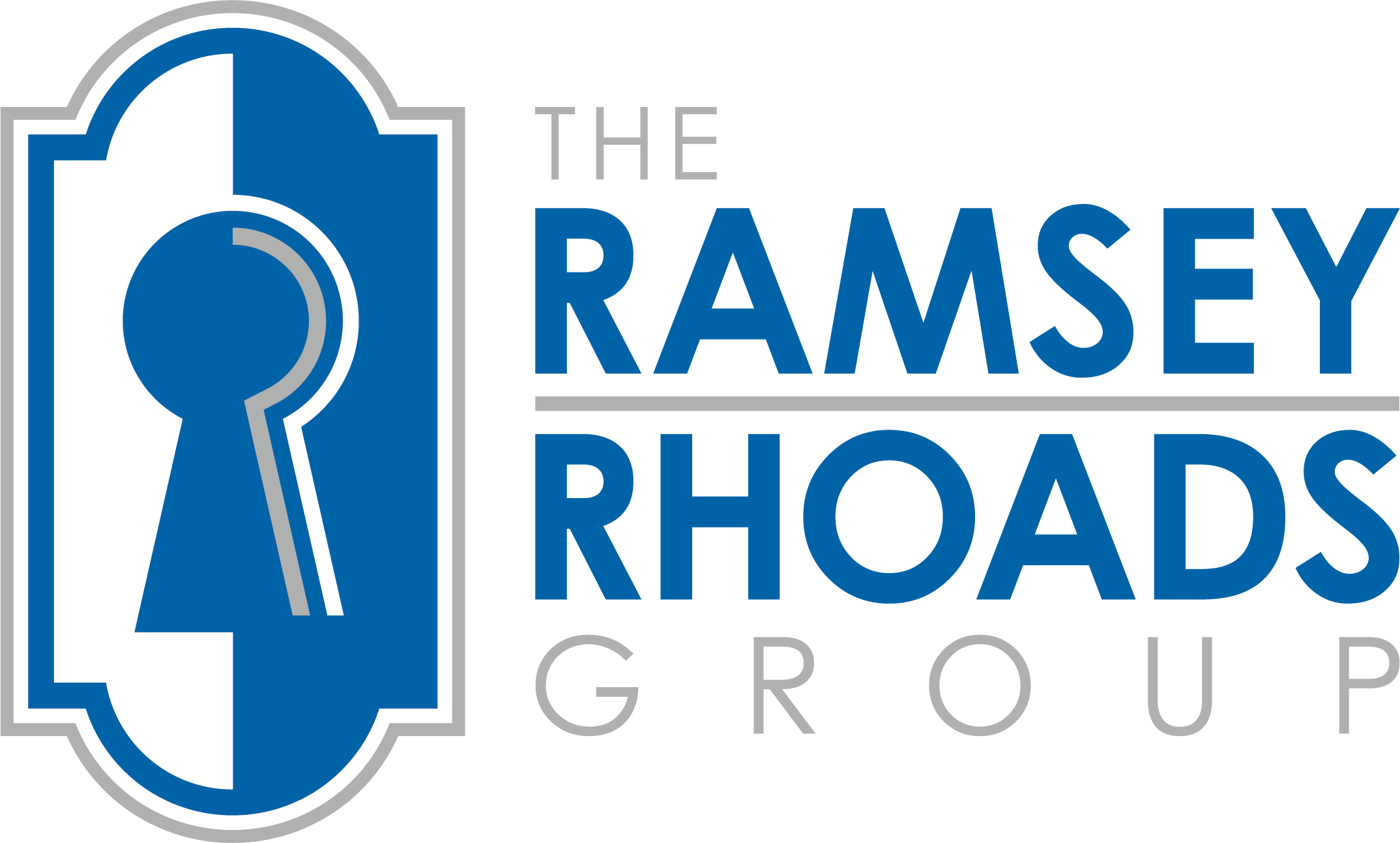Real Estate for Retirees: A Guide to Making the Right Decisions
Retiring is an important milestone in your life, and it’s a time when most people have questions about the future. If you’ve just retired or you’re retiring soon, there are smart real estate moves you can make now that will help keep you financially secure as well as improve the quality and ease of your life. If you’re concerned about making the right real estate decisions during this critical time, this guide is for you.
Selling your home for retirement
There are many reasons people sell their homes when they go into retirement. The most common ones include finances, property taxes, the desire to downsize, needing different features and amenities, and relocation. If you’re thinking of selling your home for retirement, here’s what to consider.
The timing
Should you sell your home before or after you officially retire? That depends on your unique situation, but many retirees prefer to sell before. The main reason? To free up cash as you move into a different lifestyle—one where funds are potentially more limited. More American homeowners than ever have a significant amount of equity in their homes, so selling before you retire either to downsize, rent, or move into a retirement community can provide you with a large lump sum that you can depend on while you transition.
If you’re going to sell before you retire, when should you start making moves? As soon as you’ve made the decision to sell. Currently, low inventory means that sellers have more control in the market—but real estate timelines can be unpredictable, and if you’re rushing, you can end up making decisions that you regret later. Instead, start as early as possible so that you can calmly sell your home for top dollar.
Your next moves
While you’re working on selling your home for retirement, you’ll have to decide what’s next for you. Are you going to rent, move into a retirement home, or downsize? If you’d like to continue owning a home in retirement, downsizing is a good idea.
The benefits of downsizing when you retire
A significant reason to buy a smaller home when you retire is the financial impact. Many homeowners downsize and end up with a much smaller—or even non-existent—house payment. Additionally, the lower value generally means that you’ll pay lower property taxes, while a physically smaller home means less money spent on maintenance and repair.
Fewer expenses aren’t the only benefit of downsizing in retirement. A smaller home is easier to clean and maintain, so you’ll spend less time and energy on those activities and more on doing the things you love. It’s also easier to get around a smaller home, which is a big plus for many retirees.
Shopping for your perfect retirement home
When it’s time to start house hunting, first you have to decide what type of home you’d like to buy. Are you interested in a single-family home, a condo, or a retirement home? Are you considering a retirement community, or do you have your ideal neighborhood in mind?
If you’re not sure, you should talk to your real estate agent about the lifestyle you see yourself living in retirement. A good real estate agent is an expert in all things dream home, so if you can tell us your most important must-haves, we can help you make the right decision for your ideal future—and then make that dream a reality.
Wondering what individual features most retirees are looking for in a home? Check them out.
Top features to consider in a retirement home
When you buy a retirement home, you’re ideally thinking about the future—including the things you love to do, the hobbies you want to prioritize, and any surprises life might throw your way. With that in mind, these are some of the top features popular with people heading into retirement.
Ranch style home - this single-story home style avoids stairs and makes getting around a breeze
Open floorplan - an open floorplan is desirable for many retirees because of its accessibility and the ease of using mobility equipment
Separate shower and tub - having a separate shower and tub in your retirement home provides a luxury bathing experience, but it also aids mobility and helps prevent falls and injury
Outdoor space - many retirees talk about finally having time to spend outside doing outdoor hobbies once they retire. If this is a priority for you, make sure your retirement home has space for your yard, garden, gatherings, and more.
Indoor flex space - similarly, if your hobbies include crafting, reading, art, gaming, collecting, or other hobbies that require dedicated indoor space, take that into consideration while house hunting. Flex space can include entire rooms, storage, and more.
Accessibility to your favorite things - consider how close you’d like to be to your favorite shops, restaurants, parks, and more. You don’t have to worry about the commute to work anymore, so you can decide on location based on its proximity to the things you love.
Accessibility to things you need - if you have specific continuing needs related to healthcare and other necessities, it’s a good to idea consider that when looking for your retirement home.
To invest or not to invest
Should you invest in real estate as a retiree? It’s not a bad idea! Many people heading into retirement want to invest in real estate as a method of supplementing their income. If this sounds appealing to you, here are some options:
Use your equity to buy a rental.
Depending on a variety of factors, if you have a paid-off home or a home with a lot of equity, it’s possible to sell your house and buy more than one replacement. For example, if you own a large home with a high value outright and you sell it, you may have enough to purchase a downsized home in addition to a small rental property. Similarly, if you sell a home with a lot of equity in a high-valued market and relocate to a market where home values are lower, you can potentially buy one home to live in and one to rent out.
In this vein, you can also use the cash to buy your downsized home while using the remainder as a downpayment for your rental. You’ll need to speak with your real estate agent about your specific situation, your market, and your goals to see if any of these options are for you.
Purchase a multi-family unit and live in one.
Instead of downsizing after you sell, consider buying a multi-family property with several units. You can live in one unit and rent the others to supplement your income. You won’t have as much leftover cash upfront, but you will have a continuous income stream for the future.
There are many more real estate investment options for retirees. Interested? Ask your real estate agent about the best options in your area.
Retiring soon?
We’ve got your back.
When it’s time to sell and downsize for the next phase of your life, our team is ready with the answers to your most pressing questions. We will work with you to get top dollar for your home on your timeline and then find you the dream home you deserve.




